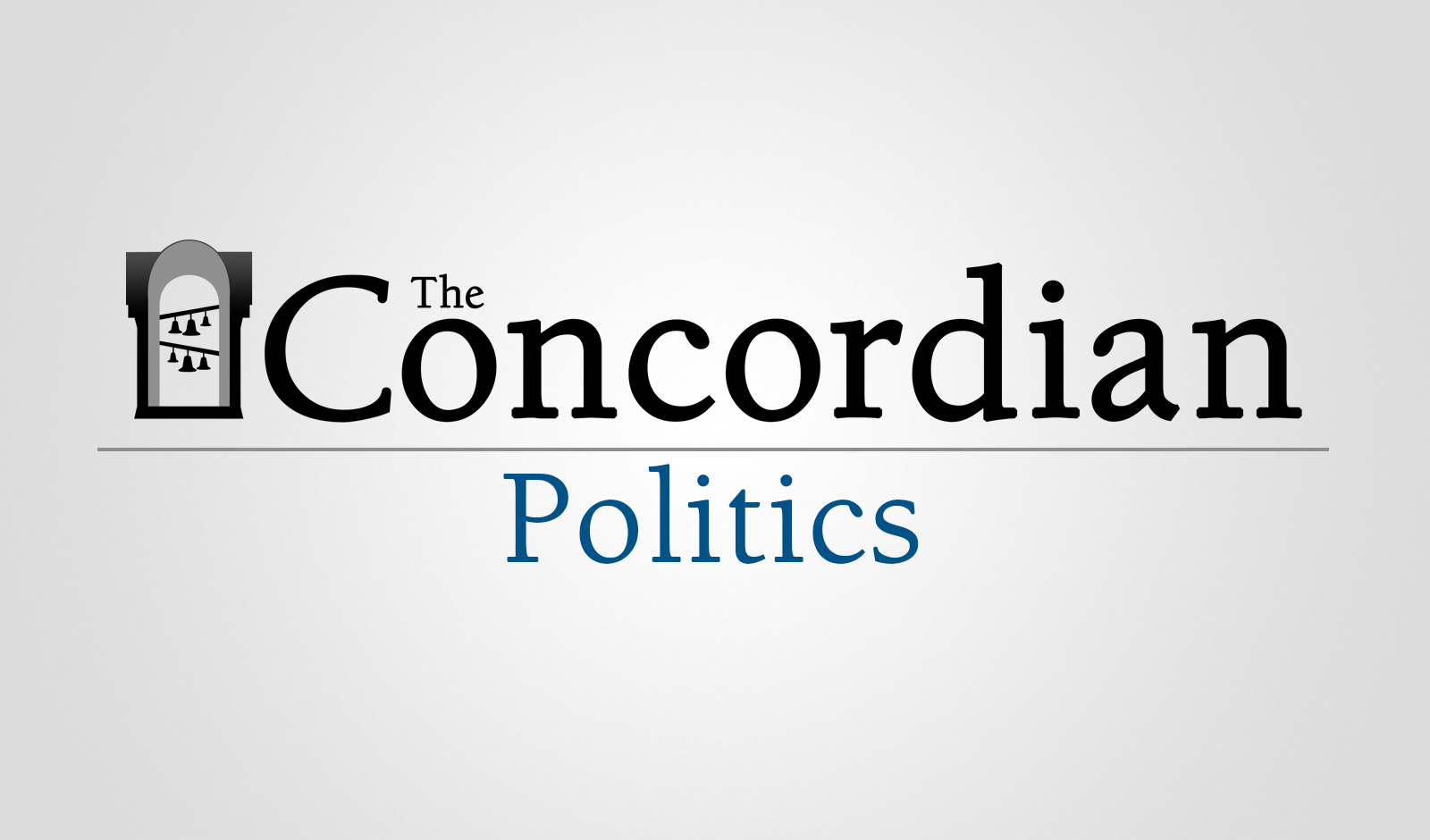Today, the Nobel Peace Prize will be awarded by a five man committee in Oslo, Norway. The award, though still one of the most prestigious in the world, has taken some knocks in the past few years. The premature awarding of Barack Obama and the puzzling win by the European Union has led many to question whether or not it is still relevant. In this age of violence and strife, does the Nobel Peace Prize still have the ability to affect world affairs in a meaningful way?
There are inherent problems with the decision of who to award the Peace Prize that aren’t present in the debates for the other Nobel prizes, such as physics, chemistry, or medicine. For those honoring scientists, they can look at the evidence and decide which achievements should be recognized as having significantly advanced their respective fields. There may, of course, be disagreements as to which accomplishment deserves to be recognized in a given year within the scientific community. But the general public tends to accept the ruling and politely acknowledge the men who do such brilliant work that remains forever beyond comprehension of most of us. The Peace Prize is a different story.
It is, in its very nature, a political beast. The selection committee is made up of Norwegian parliament appointees, most of them lifelong politicians who at the very least have an ear to the ground and are keeping Norwegian interests at heart. The Scandinavian country is still very involved in NATO, and has troops in Afghanistan. The award hasn’t been given to someone who has opposed a pro-western despotic regime in quite a long time, something which leads people to suspect that the voting committee doesn’t want to tread on the toes of the U.S. (in the same way it did to China in 2010 with the honoring of dissident Liu Xiaobo).
Every year, the award is handed out to someone who “the person who shall have done the most or the best work for fraternity between nations.” This shouldn’t mean that politicians slap each other on the back for hosting arms talks or promising to reduce tensions among quarrelling heads of state. The award should be given to people who have worked tirelessly and sacrificed for peace. It should elevate someone who can mobilize people to make a difference, someone whose voice might otherwise get lost in the chaos.
I was lucky enough to listen to a talk given by the 2011 laureate, Tawakkol Karman. She was an inspiring woman who refused to bend to repressive government forces that sought to silence her. She was an inspiration to all of us there, especially the participants of the Peace Scholar program. And therein lies the most powerful reason to continue dedicating so much media attention to the Nobel Peace Prize. The award brings attention to urgent problems in the world and provides the laureates with a much expanded platform with which to advocate their cause. Tawakkol was able to come to the conference and spread her message of courage and peace because of the Peace Prize. Hopefully, this year’s award will go to someone who is both deserving and able to use it to encourage discussion of what it means to be a peacemaker.


Be First to Comment